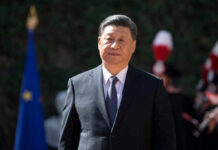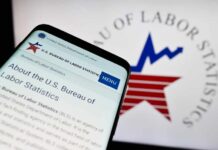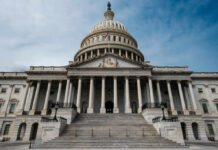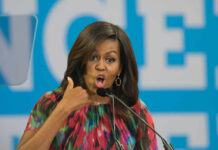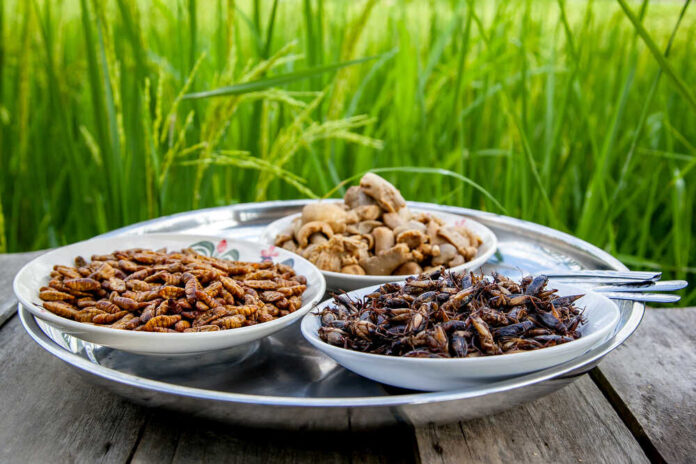
CBS Saturday Morning introduced a rather disconcerting proposition for combating climate change over the weekend: incorporating bugs into our diet. The corporate media giant argues a bug diet could help alleviate the global food crisis and promote a “more sustainable production of proteins.” The push for an insect diet warrants a critical look, considering its implications and potential motives.
As CBS host Dana Jacobson said, “Climate researchers say bugs could be a game changer in the fight to protect the planet.” While insects have been a staple in some diets globally, the push to normalize them in the Western world is recent. This new development is a response to the large-scale growth of soybeans, which have been blamed for extensive deforestation. In contrast, farming bugs require less water and food to sustain.
CBS ran this segment over the weekend arguing we should eat bugs because soybean farming is bad for the planet or something 🥴 https://t.co/RZ0CLwYms0
— Not the Bee (@Not_the_Bee) May 15, 2023
Now, as intriguing as this might sound to some, one cannot help but question if this is genuinely about climate change or if there is a more strategic, even manipulative, globalist agenda at play.
Dutch political activist Eva Vlaardingerbroek, in an April interview on the now-canceled Tucker Carlson Tonight, raised a compelling counterargument, saying, “The push for insect eating is just a compliance test because our politicians know that when they control the food, they control the people.”
Undeniably, traditional farming methods’ environmental impact has been a heated debate topic. Yet, as pitched by climate change activists, celebrities, and even global leaders, the solution is less about choice and more about control. They argue for including bugs in our daily diets to “sustain the planet.”
However, the transformation of our food system has consequences beyond the plate. It threatens traditional professions like farming, which have sustained societies for centuries. As Vlaardingerbroek noted, “This will influence the food supply worldwide. And we’ve spoken to farmers who said, well, this could lead to actual starvation if we’re not careful.”
There’s a shared concern that these global elites may be using climate change to control the global population. Dutch politician Wybren Van Haga echoed this sentiment, stating, “It’s all a fantasy, it’s all a new religion. And it’s a scary religion because, of course, once the people are scared, the people in power can do whatever they want.”
So, the question arises: Are these global changes to our food systems truly about sustainability or control? As consumers and citizens, we need to critically evaluate these proposed solutions, being wary of any plan that reduces choice and increases the control of a select few.
While it’s crucial to explore sustainable food production methods, we must also be wary of the potential pitfalls. As Vlaardingerbroek rightly pointed out, “Nobody’s being asked. Nobody really inherently wants to eat bugs.” And indeed, any truly democratic solution should give us more choices, not fewer.








